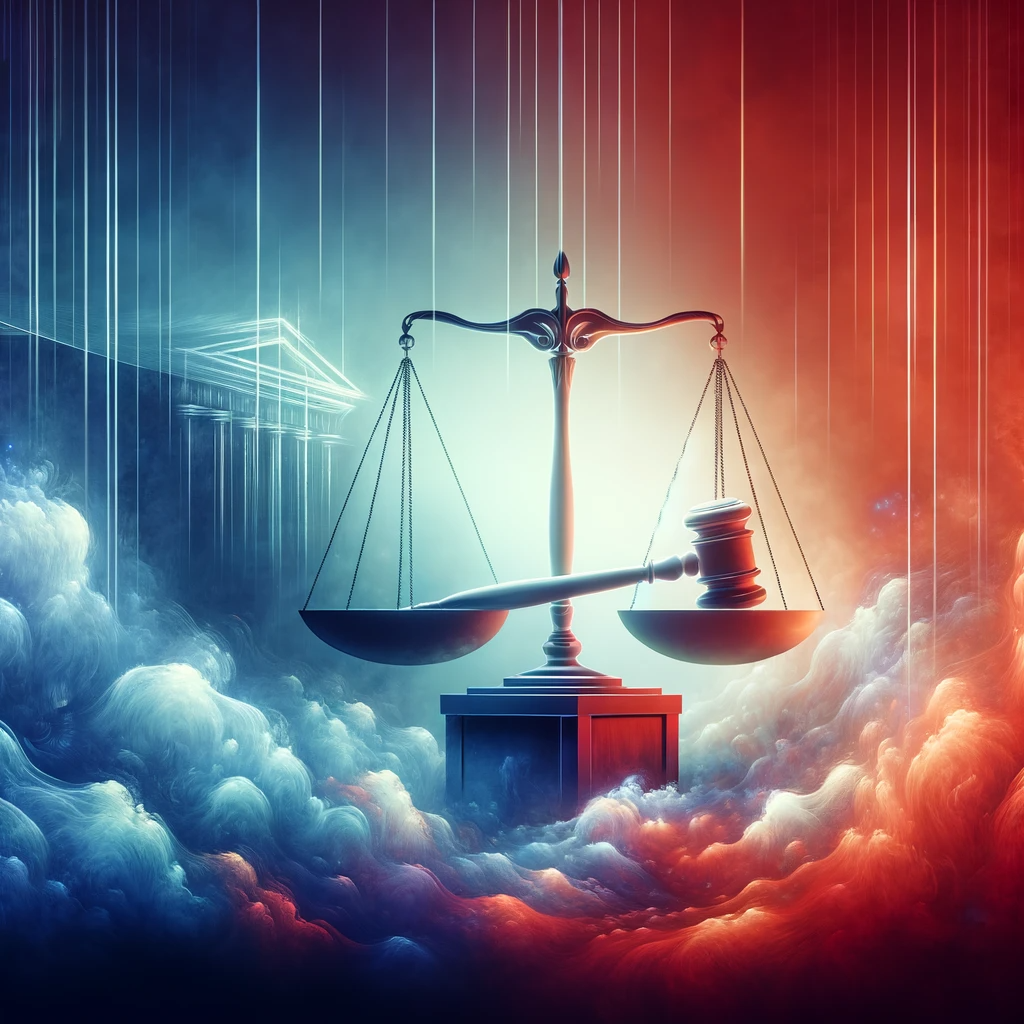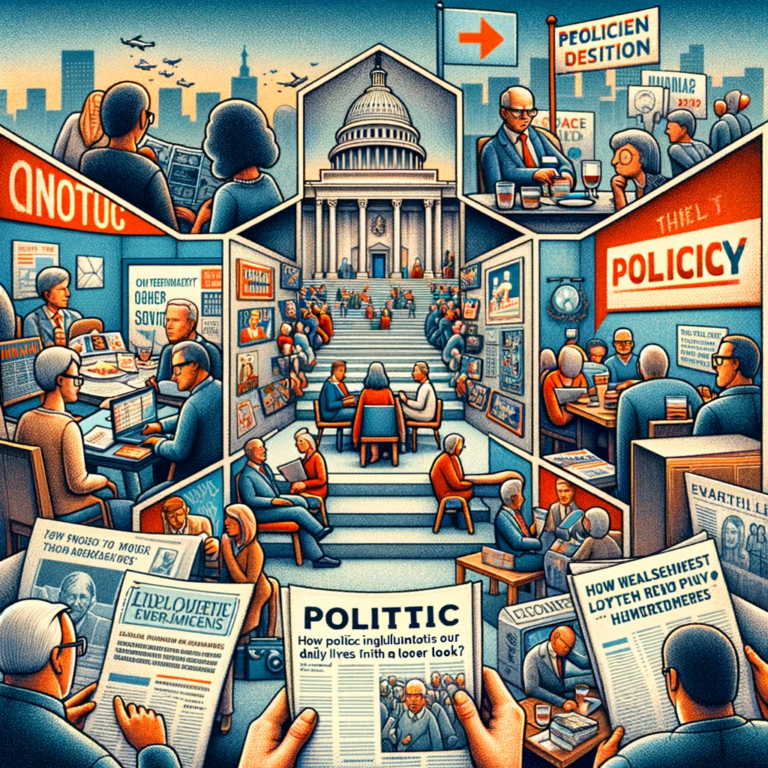Politics and the Pillars of Democracy: Unveiling the Crucial Role of Election Laws and Regulations
In the intricate tapestry of modern governance, the significance of election laws and regulations cannot be overstated. These legal frameworks serve as the bedrock upon which the edifice of democracy is built, ensuring that the process of electing representatives is fair, transparent, and equitable. In a world where politics often takes center stage, understanding the nuances of these laws is not just a matter for legal scholars but a civic duty for every informed citizen.

The Foundation of Democratic Integrity
At the heart of any democracy lies the principle of the people’s will, which is most directly expressed through the electoral process. Election laws and regulations are crafted to protect this sacred act, ensuring that every vote is counted and every voice is heard. From setting the criteria for eligibility to vote to determining how votes are cast and counted, these laws form the procedural backbone that upholds the integrity of elections.
Ensuring Fair Play in the Political Arena
Politics, by its very nature, is competitive. Election laws provide the rulebook that governs this competition, ensuring that it is conducted on a level playing field. These regulations cover a broad spectrum of activities, from campaign financing to the conduct of candidates and parties. By setting clear rules, election laws prevent the abuse of power and resources, making sure that no candidate or party has an unfair advantage.
Protecting Voters’ Rights
One of the most critical aspects of election laws is the protection of voters’ rights. These laws ensure that every eligible citizen has the opportunity to participate in the electoral process, free from discrimination or intimidation. By establishing mechanisms for voter registration, identity verification, and ballot casting, election laws empower individuals to exercise their democratic rights.
Adapting to Changing Times
As society evolves, so too must the laws that govern it. Election laws are no exception. With the advent of digital technology, the landscape of politics has transformed, necessitating updates and revisions to existing legal frameworks. From cyber security in electronic voting to regulations around online campaigning, modern election laws must adapt to ensure they remain relevant and effective.
The Role of Oversight and Enforcement
For election laws to be truly effective, they must be rigorously enforced. Independent electoral commissions and oversight bodies play a pivotal role in this process, monitoring compliance and investigating violations. These institutions act as the guardians of democratic fairness, ensuring that election laws are not just words on paper but principles in action.
Conclusion
In the realm of politics, election laws and regulations are the unsung heroes that maintain the equilibrium of democratic societies. They ensure that elections are a true reflection of the people’s will, safeguarding the core values of fairness, transparency, and equality. As citizens and participants in the democratic process, it is incumbent upon us to understand, respect, and uphold these laws, for they are the pillars upon which our political freedoms stand.




